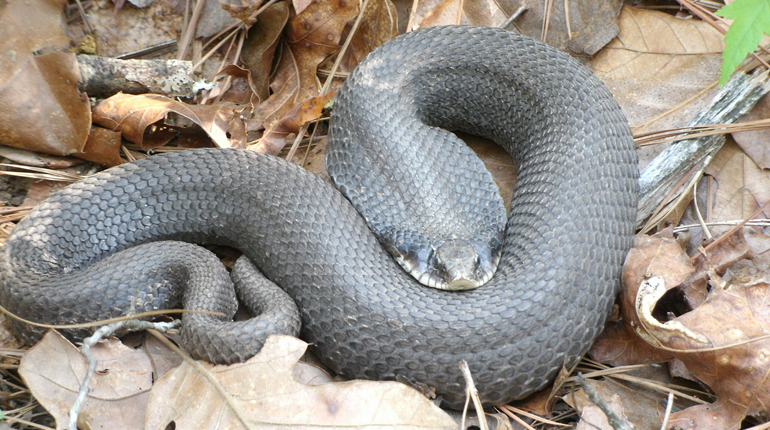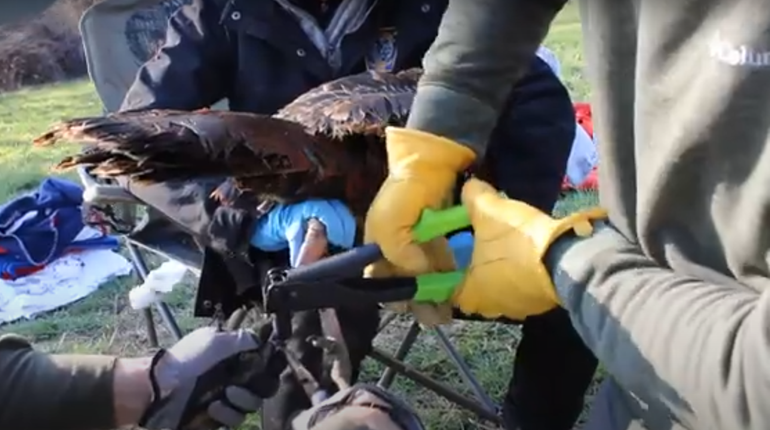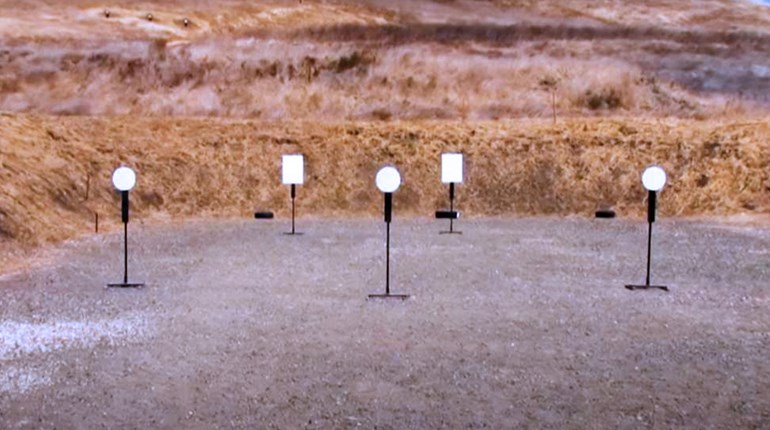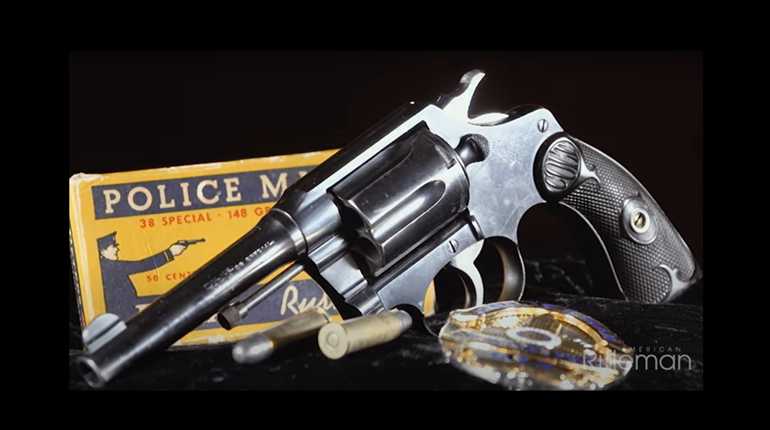
Editor's note: A few weeks ago, we published an article about the extreme environmental impact that beavers can have. As a follow-up to that article, please enjoy this tale from a retired Army Colonel about the day a small cadre of beavers thwarted the might of the U.S. Army.
1991: I was 110th Support Battalion Commander in Tenth Mountain Division (Light Infantry) at Fort Drum, New York. We were supporting a brigade-level external evaluation (EXEVAL) for one of the maneuver battalions to prepare them for the rigorous Joint Readiness Training Center at Fort Chaffee, Arkansas. The EXEVAL involved the Division Staff, a body of Opposing Forces, the command and staff of the brigade to which the battalion belonged and dozens of observer/controllers who evaluated the battalion at every level over a week. The exercise covered the entire post, hundreds of square miles.
We were in charge of the Brigade Support Area (BSA), providing all logistics (supplies, services, water, maintenance, transport and medical) that the maneuver battalion couldn’t provide for itself. We also housed and supported parts of other non-divisional units that would support the battalion: Signal, Military Police, Air Defense, Military Intelligence and Engineers. The whole crew took up an entire grid square (1 km2).
Halfway through the exercise, the control group directed us to displace the BSA, a great exercise for a big, slow and equipment-heavy outfit like us. We conducted a map reconnaissance and formed an advance party with leaders from all our subordinate units to go and stake out the new area at the opposite corner of Fort Drum. We mounted up in four or five HMMWVs and began a tactical road march across post.
As we reached the northeast corner of Fort Drum, and turned south toward our goal, the range roads became rougher and more poorly maintained, but easily passable for the HMMWVs at a safe speed. A few miles south, we came to a single MP Sergeant, blocking us with an upraised hand. We halted, and I dismounted to return his salute and find out what was up.
“What’s up, Sergeant?”
“Sir, you can’t go down there.”
“Sergeant?”
“Sir, the road is closed.”
“What do you mean it’s closed?”
“Sir, it’s impassable.”
“Even for a HMMWV? These things are off-road, cross-country.”
“My orders are to not let anyone go down there. The post has closed the road.”
“Ah.”
Since 10th Division is a tenant unit of the Fort, the “post” owned and maintained the maneuver areas. This wasn’t a divisional MP, but one who worked for the Post Commander, a Colonel, outranked by the Division Commander, a two-star General. I told the Sergeant he could radio back and find out that yes, we were allowed to pass, that I was sure he wouldn’t get into trouble, that this was all a mistake, and that I’d take any blame if something went wrong. We were going through. By now, my team was all out of their vehicles and listening.
“So we’ll know, tell us what’s wrong down there?”
“Sir, the beavers have total control of the area.”
“Sergeant?”
“It’s awful. You can’t go anywhere. They’ve wrecked everything. The post had to close it so nobody would get hurt.”
“We’ll be careful.”
One more salute, and off we went. Rounding a curve a few hundred yards ahead, the terrain changed significantly. Clearly, there had been no military activity for a long, long, time. The first 10th Mountaineer had showed up six years before in 1985, and the division was still two brigades short of full strength. Before that, only reserve units used the post, and then only in the summer. We were looking at 15 or more years of simple decay, but inexplicably different from the terrain a half mile back. Small trees dotted the grassy, rocky land, but leafless, dead and black.
Going very slowly to avoid high-centering the HMMWVs on rocks the frost had pushed up in the middle of the roads, we were instantly aware of a deadening silence. I hadn’t noticed birdcalls before, but now I noticed their lack. So I started watching to the left and right, and let my driver watch the road. My passengers had their windows open, and were watching left and right. Conversation turned to a variety of gasps and creaking seats as bodies turned to see at different angles.
We saw more and more standing water on both sides of the road, extending to where the wrinkles in the earth blocked what was farther beyond. The puddles gave way to ponds and still canals, then to larger ponds dotted with drowned trees. We would climb over steep, rocky rises that lifted us above the wetlands, only to dive steeply back down to where it returned, the level of the water joining us again on either side.
At that point I noticed that while the water was next to the road, first on the left and then on the right, the road itself was dry. In fact, the tires were dry. At least a mile into the quiet wetness, and we still had not driven on water. How was it possible? Then, looking ahead, I could see the road pass beneath the level of the water, but the road was dry! Somehow a bank was holding the water back. As we passed along the dip in the road, we reached a point where the water was just below eye level, easily high enough to flow into our open windows. My breathing was now very shallow, a stupid technique that left my lungs stay almost full, just in case.
Then someone spotted the first beaver. It sat upright; paws up, on a small mound 10 yards to our right, clearly watching us. It tracked our progress calmly as we lumbered past, moving only its head and eyes. Before it was behind us, another appeared, paws down, similarly observing our passage, but otherwise motionless. Then a few more slipped by, and as the general level of the terrain rose, we left them behind. By then we understood the lone MP’s warning: The beavers had total control of the area.
Arriving at our destination, the four HMMWVs emptied and we shared stories and opinions. An odd mixture of relief, amazement, admiration, mystery and speculation governed our words and thoughts. Why had they left the roads open?
The party completed its work in an hour. Where we then stood there was no radio contact, so we plotted our path to leave the post and return on state and county roads, rather than pressing our luck with the beavers. Back at our BSA, where everyone was preparing to displace to the new site, the control group called an end to the exercise. Before the advance party broke up, we named some of the beavers we had seen. I recall only that there was a Ninja beaver and a Mayor beaver. We agreed that we had been the “Beaver Patrol,” brothers and sisters with a very special shared experience. Our salute would be the right arm held straight down the right leg, fingers extended and joined, with three quick slaps on the thigh like a beaver’s tail sounding alert on the water's surface.






































